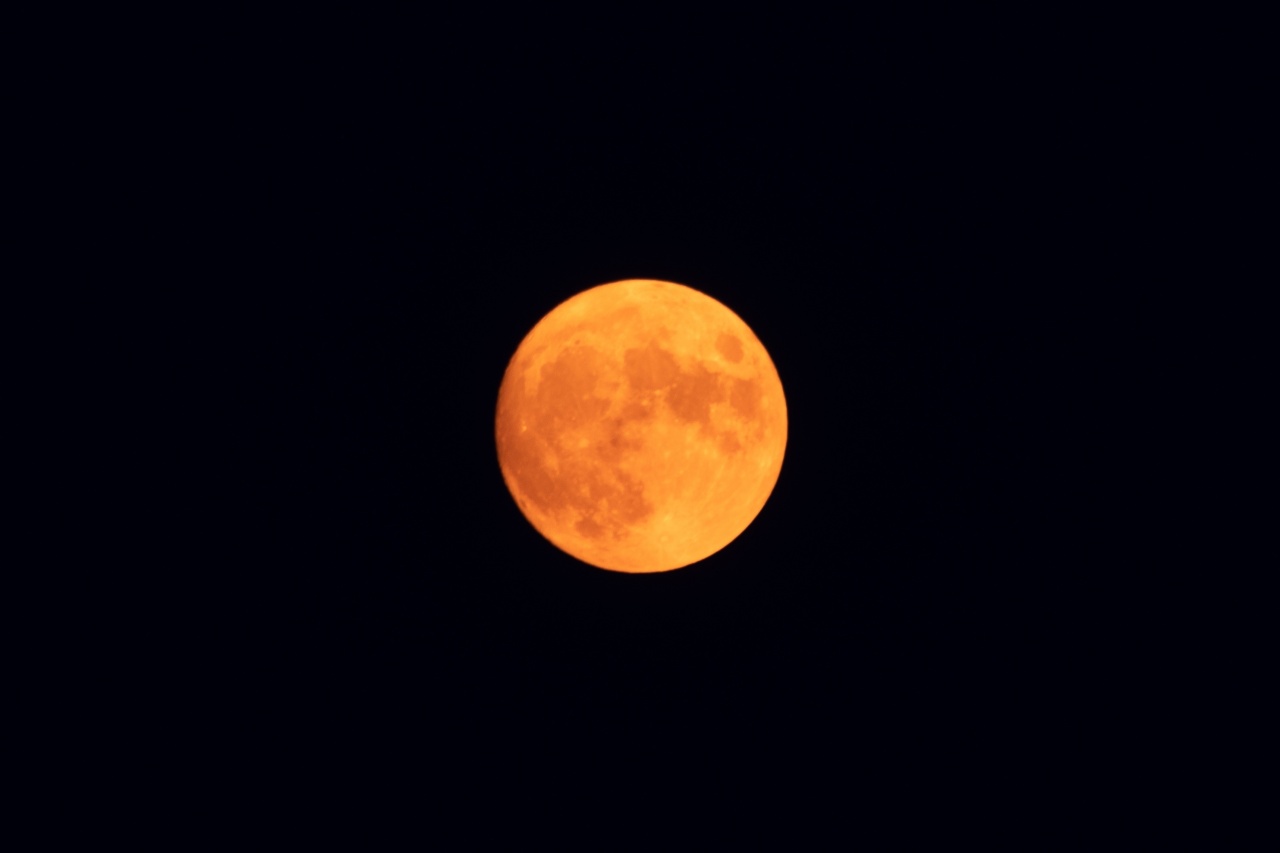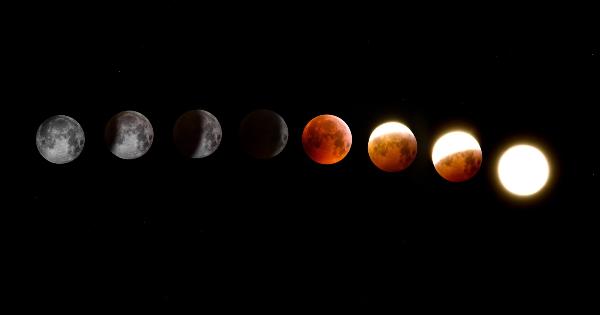The full moon has always been considered mystical and enchanting. It has inspired poets, artists, and lovers for centuries. But, can it affect our sleep and energy levels?.
The Connection Between the Full Moon and Sleep
Several studies have suggested a link between the phases of the moon and human sleep. The full moon has been associated with sleep disturbances, including difficulty falling asleep, frequent awakenings, and decreased sleep quality.
One study published in Current Biology found that people’s sleep was disrupted by an average of 30 minutes on the nights leading up to a full moon.
The researchers found that the subjects’ brain activity during deep sleep was reduced by 30% during the full moon.
Another study published in the Journal of Sleep Research found that people took longer to fall asleep during the full moon and had reduced sleep time compared to other phases of the moon.
So, why does the full moon affect our sleep? Some researchers believe that the gravitational pull of the moon may have an impact on our sleep patterns, while others suggest that it may be linked to our circadian rhythms.
The Circadian Rhythm and the Full Moon
The circadian rhythm is our internal body clock that regulates our sleep and wake cycles. It is controlled by a small group of nerve cells in the brain called the suprachiasmatic nucleus (SCN).
The SCN is responsible for producing the hormone melatonin, which helps us fall asleep at night.
Several studies have suggested that the full moon may interfere with our circadian rhythm. One study found that people’s melatonin levels were suppressed during the full moon, which may explain why they had trouble falling asleep.
The Lunar Effect on Energy Levels
In addition to affecting our sleep, the full moon has also been associated with changes in our energy levels. Some people report feeling more energized and active during the full moon, while others feel more sluggish and tired.
One theory is that the full moon affects our body’s production of cortisol, a hormone that helps us respond to stress.
Some studies have found that cortisol levels are higher during the full moon, which may explain why some people feel more energetic.
On the other hand, the full moon may also have a calming effect on some people. A study published in the Journal of Psychiatric Research found that people experienced lower levels of anxiety during the full moon.
The Full Moon and Mental Health
The full moon has also long been associated with mental health issues, including increased rates of suicide, anxiety, and mood disorders.
While there is no definitive evidence to support these claims, some researchers believe that the full moon’s effect on our sleep and energy levels may contribute to these issues.
Lack of sleep and changes in energy levels have both been linked to mental health problems.
Coping Strategies for the Full Moon
If you find that the full moon affects your sleep and energy levels, there are several coping strategies you can try:.
- Avoid caffeine and alcohol, which can disrupt your sleep
- Keep a regular sleep schedule, even during the full moon
- Try relaxation techniques, such as meditation or deep breathing
- Reduce stress levels through exercise or other activities
- Avoid screen time before bed, which can interfere with your body’s natural sleep rhythms
Conclusion
The full moon has long been associated with mystery and enchantment. While its effect on our sleep and energy levels is still not fully understood, several studies suggest that it may disrupt our circadian rhythm and affect our hormone production.
If you find that the full moon affects your sleep and energy levels, it is important to take steps to address these issues and maintain your overall health and well-being.






























